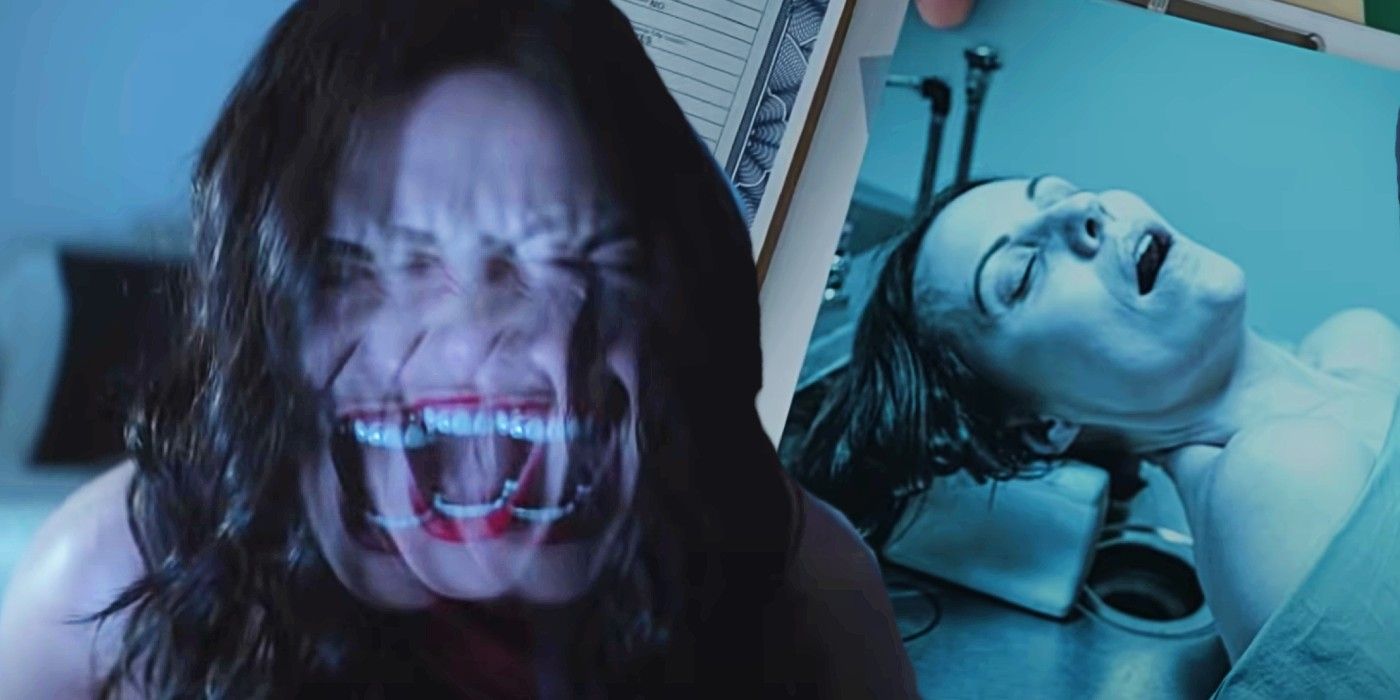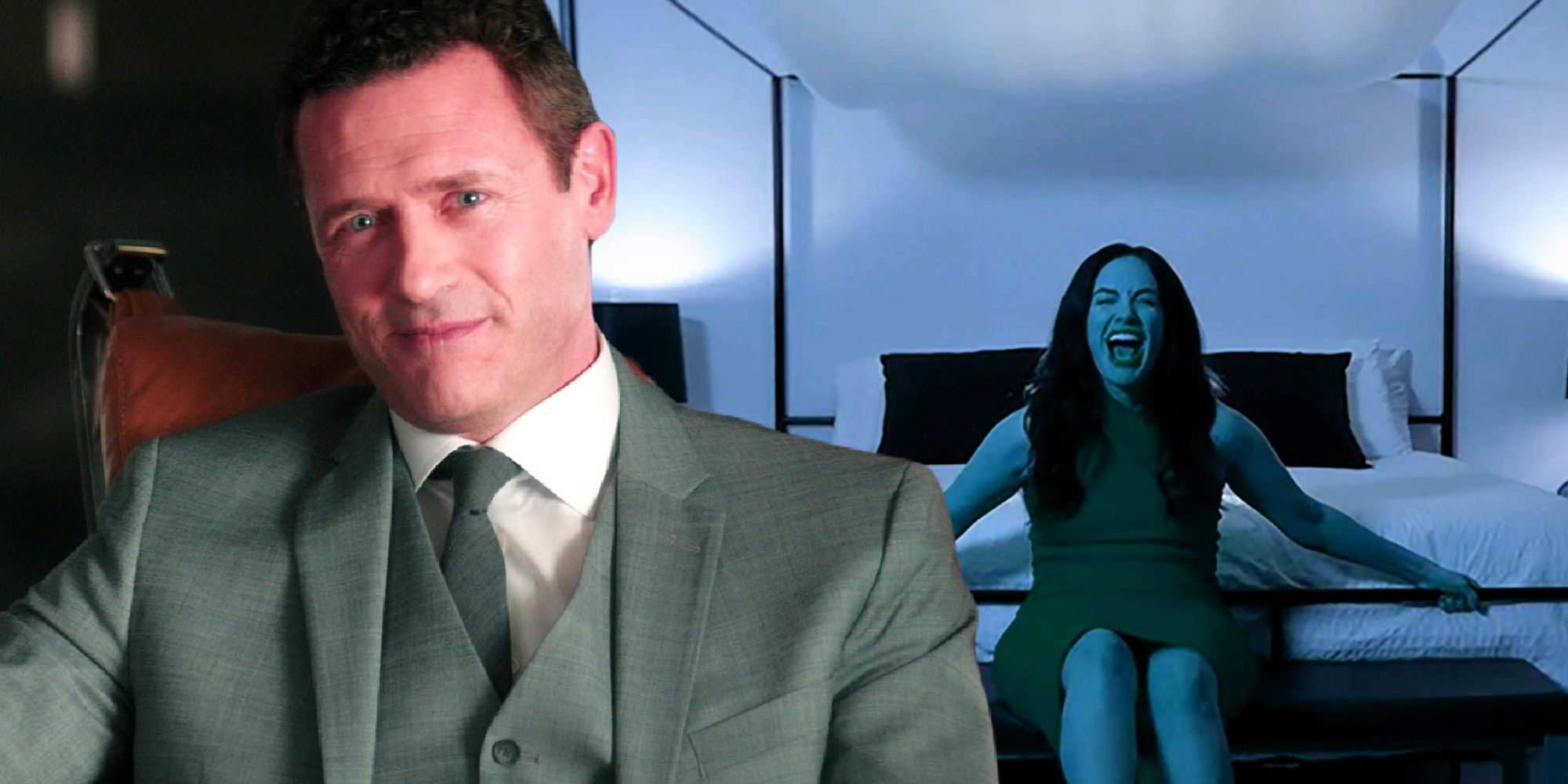Hypnotherapy can be an effective tool for therapists in real life, but how does the hypnotherapy in Netflix's Hypnotic compare? Hypnotism is at the center of Hypnotic's plot and a metaphor in Hypnotic's exploration of themes around mental and emotional abuse. Typically when hypnotherapy is at the center of a narrative in movies and television, writers and directors opt for a fantastical version of hypnotherapy over its real-life medicinal use. Which approach does Hypnotic take?
Hypnotic follows the story of Jenn Tompson, played by Kate Siegel, who's appeared in many Mike Flanagan horror movies and shows including Midnight Mass. Jenn is a software engineer dealing with recent traumatic events in her life. A friend of Jenn's makes an appointment for Jenn to see Dr. Collin Meade, a psychiatrist trained in hypnotherapy. Jenn agrees and Hypnotic's depiction of hypnotherapy becomes clear shortly after.
In Hypnotic, Dr. Collin Meade uses hypnotherapy as a form of mind control, capable of instantly manifesting hallucinations, eliminating one's peripheral awareness, and using trigger words to control previously hypnotized individuals. Unsurprisingly, this almost magical version of hypnotherapy is mostly based on common myths and misconceptions about hypnosis (via Psychology Today). While medical hypnotherapy can be beneficial, particularly for changing habits or working through phobias, the hypnotherapy in Hypnotic is nothing like the hypnosis a person would receive from a mental health professional in real life.
One illustrative example of how Hypnotic's version of hypnotherapy deviates from medical science comes in Hypnotic's opening elevator scene. With the utterance of a single phrase, Hypnotic's villain implants a hallucination in the mind of Andrea Bowen that causes her so much fear she dies from a heart attack. The concept of instantaneously placing somebody in a hypnotic state with a single word or phrase is extremely controversial, with most hypnotherapists suggesting that hypnotic induction takes at least a couple of minutes.
There is one bit of truth about real-life hypnotherapy found in Hypnotic, however. Hypnotherapy can help people manage anxiety and post-traumatic stress (via Mayo Clinic), as Hypnotic makes a point of early on. That point is unfortunately followed by an hour of one of the most unrealistic depictions of hypnosis in recent cinema.
Many have expressed the idea that Netflix doesn't care if its movies are good, and it might care even less about accurate portrayals of matters related to mental health. While the company could have pursued the production of a film that critically examines hypnotherapy or utilized it realistically, the point of the content Netflix produces is simply to keep people logged on with low costs. Hypnotic's decision to mostly ignore how hypnotherapy works in the real world is to be expected by a media culture that prioritizes excitement and twists for viewer retention over more accurate, meaningful art - although the nature of the film may have also prevented an honest look into the therapy technique.


